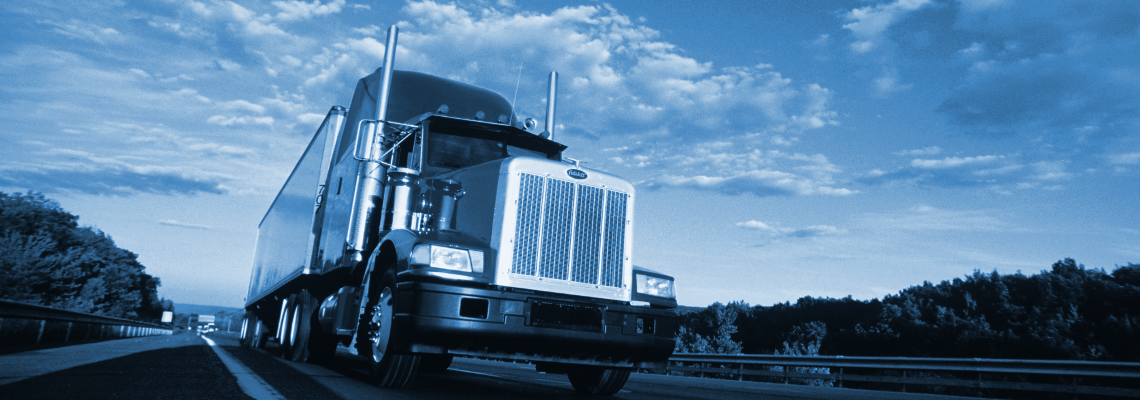Mercedes Makes Fourth Production Shutdown in Brazil
BRAZIL/SOUTH AMERICA REPORT
Despite high demand, Mercedes announced its fourth temporary production stop at the plant in São Bernardo do Campo-SP, from July 4-15. In the announcement, Mercedes mentions the shortage of components and its effort to work with the supply chain to meet commitments with customers.
Source: Automotive Business Read The Article
PSR Analysis. The shortage of components, particularly semiconductors, is taking longer than expected and is affecting the MHV market more than expected. It may affect market projections if the supply chains do not recover 2H 2022. PSR
Fabio Ferraresi is Director, Business Development-South America, for Power Systems Research








